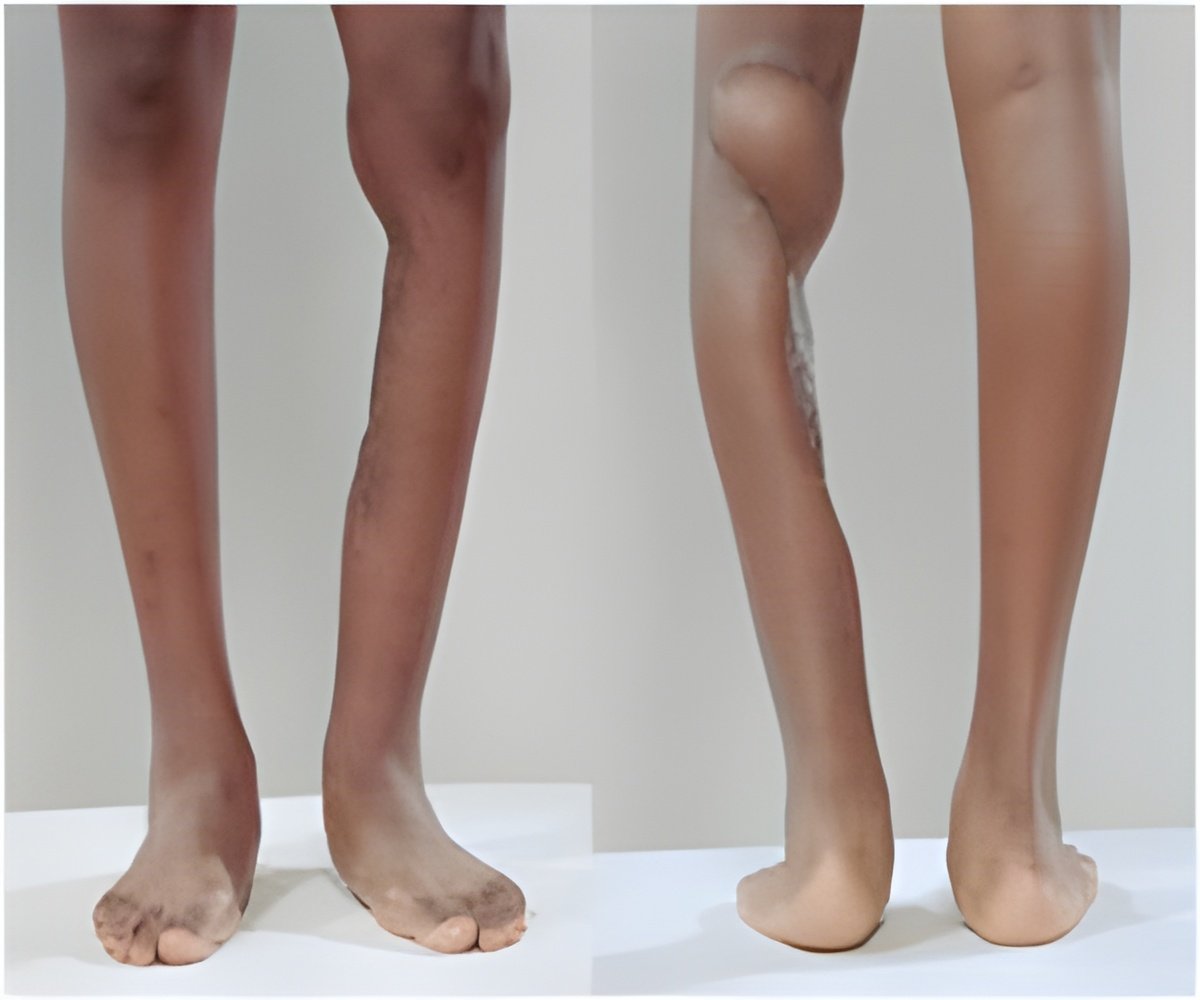A new transparent, highly elastic and sensitive skin-like pressure sensor has been developed by a Stanford professor in her quest to create an artificial super skin.

The sensor uses a transparent film of single-walled carbon nanotubes that act as tiny springs, enabling the sensor to accurately measure the force on it, whether it's being pulled like taffy or squeezed like a sponge.
"This sensor can register pressure ranging from a firm pinch between your thumb and forefinger to twice the pressure exerted by an elephant standing on one foot," said Darren Lipomi, a postdoctoral researcher in Bao's lab, who is part of the research team.
"None of it causes any permanent deformation," he noted.
The key element of the new sensor is the transparent film of carbon "nano-springs," which is created by spraying nanotubes in a liquid suspension onto a thin layer of silicone, which is then stretched.
The change sensed by the nanotube films is what enables the sensor to transmit what it is "feeling."
Advertisement
Source-ANI









